huái
locust tree
Phonosemantic compound. 木 represents the meaning and 鬼 represents the sound.
Evolution

Bronze script
Late Warring States (~250 BC)
Seal script
Shuowen (~100 AD)
Clerical script
Eastern Han dynasty (25-220 AD)Regular script
ModernDefinitions
Most common words with 槐
Freq. | Word | Meaning |
|---|---|---|
Japanese pagoda tree | ||
black locust tree (Robinia pseudoacacia) | ||
locust tree (Sophora japonica) | ||
false acacia | ||
Huaiyin district of Ji'nan city 濟南市|济南市[Jǐnánshì], Shandong |
Sources
